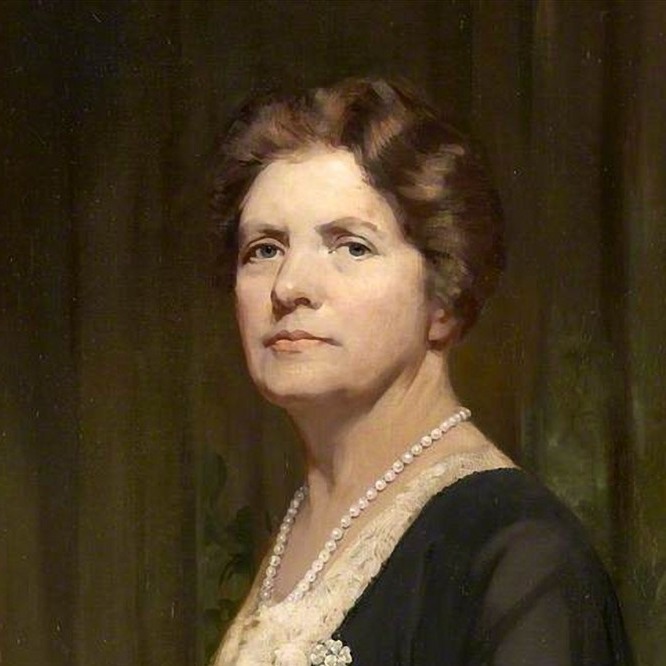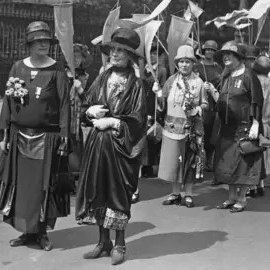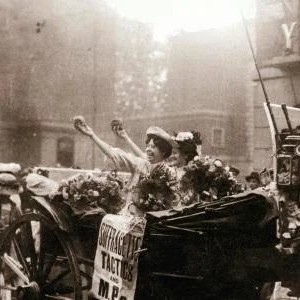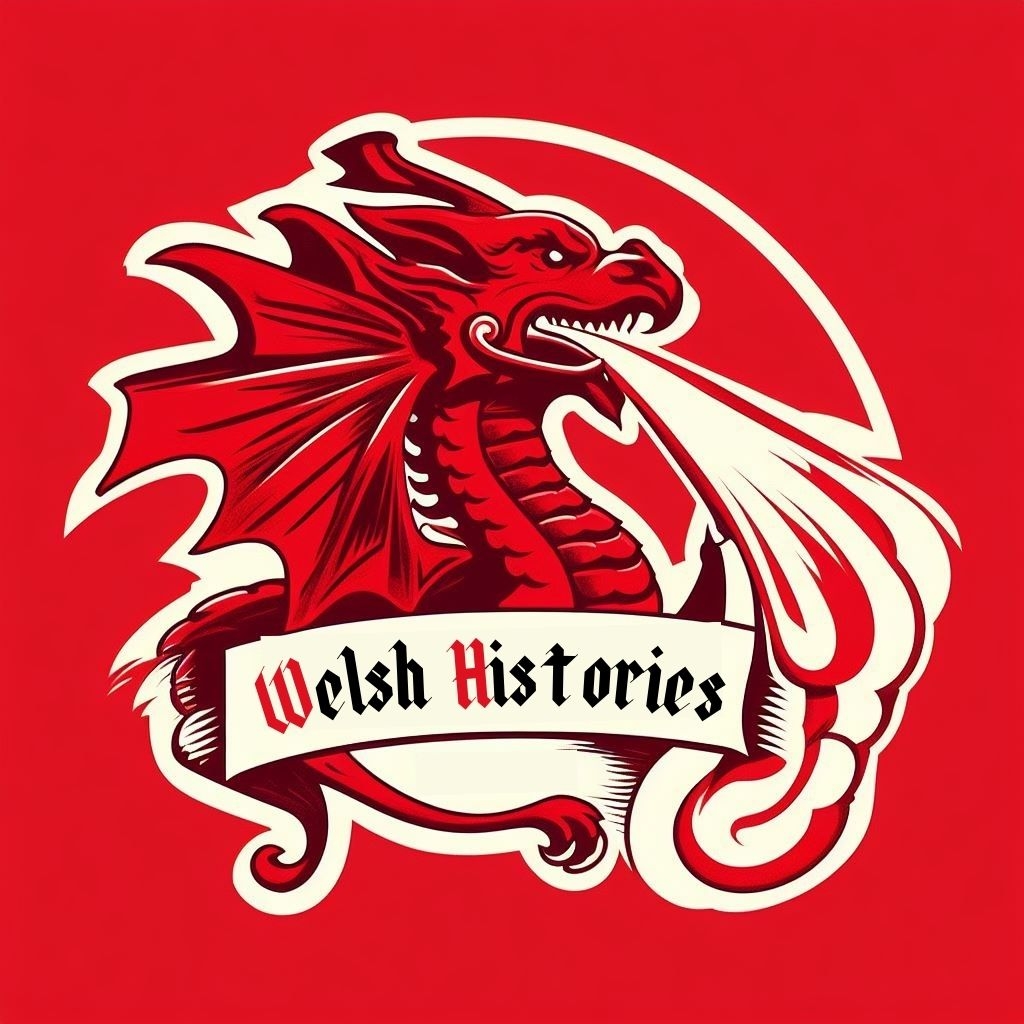Your basket is currently empty!
The Welsh Woman Who Fought for Suffrage
—
by
If we fail to teach the younger generations about the Welsh suffrage and monumental efforts within our own country, there’s a risk of this history being forgotten.
A statue has been unveiled in honour of the Welsh suffragette, Lady Rhondda (born Margaret Haig-Thomas). Per the BBC, “Sculptor Jane Robbins created the statue – the fourth in a series of five celebrating inspirational Welsh women.”

Here is an extract from Welsh Histories Magazine (July 2024 edition):
“It was believed in the early 1910s that he (David Lloyd-George) and his party simply weren’t doing enough to persuade the Liberal Prime Minister, H.H. Asquith, to reverse his attitude on the issue (of women’s sufrage) – with Asquith being a noted opponent of women’s suffrage (and once heckled by a suffragette at an Eisteddfod in 1909).

The latter part of the 1910s would improve and Lloyd-George succeeding Asquith as Prime Minister (1916-1922) would eventually bring the Representation of the People Act 1918 and the right to vote for women over the age of 30. However, though a start, it was only a start – this same act gave the right for all men over the age of 21 to vote, so despite the suffragettes undoubtedly scoring a victory for the movement, it was surely one which was bittersweet as, once again, men had been given more than women.
Full women’s suffrage, which would grant women equal voting rights to men, would not come until a full decade later, when the Conservative government led by Stanley.

Baldwin would pass the Representation of the People (Equal Franchise) Act 1928.
Just one year later, Cymru would have its first female Welsh MP and she would have a familiar name: Megan Lloyd-George (1902-1966). She would go on to become a woman often regarded as being one of the greatest Welsh people ever, as she was named among the top 50 in 2016.
The legacy of the Welsh suffrage movement is one which must be remembered alongside the wider movements. Within Cymru itself, it is one which must be taught in schools or risk being forgotten.”
Share us your thoughts on niklas@welshhistories.co.uk
More from Welsh Histories
Welsh Histories is a Welsh history celebrating platform which looks to promote all aspects of Welsh history. Though we focus predominantly on native Welsh history, we do also share the non-native aspects from time to time. You can follow us on Facebook; Instagram or Twitter for more. A reader? We also have our very own Welsh Histories Shop where we sell our Welsh Histories Magazine. Diolch yn fawr iawn and keep enjoying Welsh Histories.
Related Posts
Sally is a proud wife of a Welshman, editor & writer of Welsh Histories. She’s all about stories—that shout ‘anything Welsh.’ Drop her an email if you have an advice, insight, experience, or a story to share.



